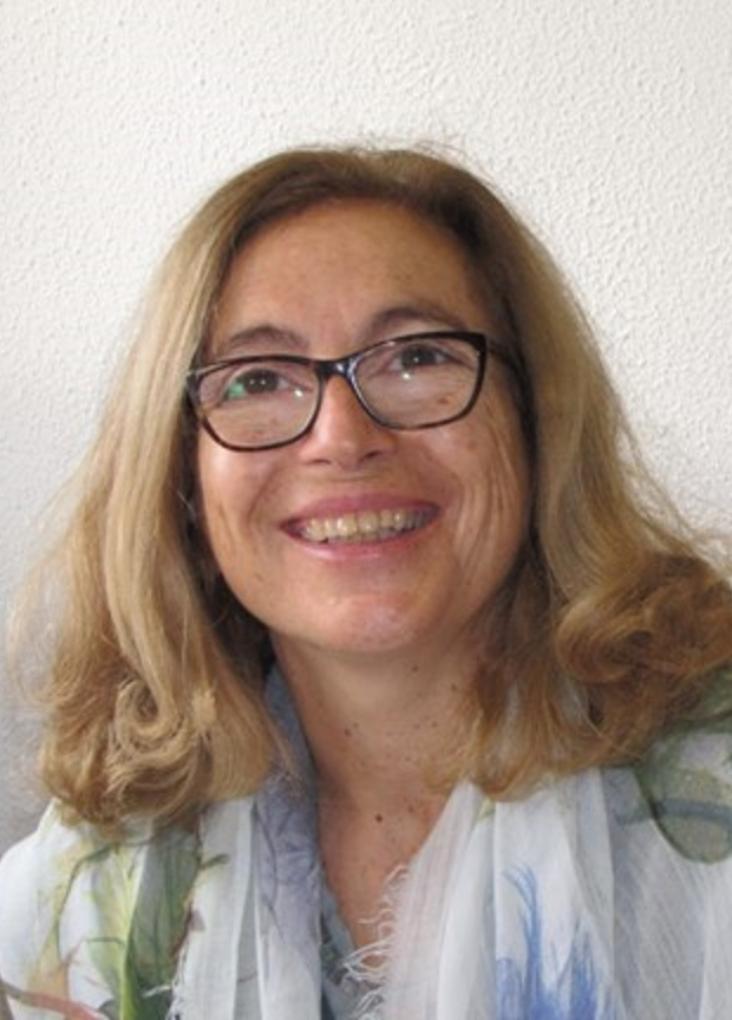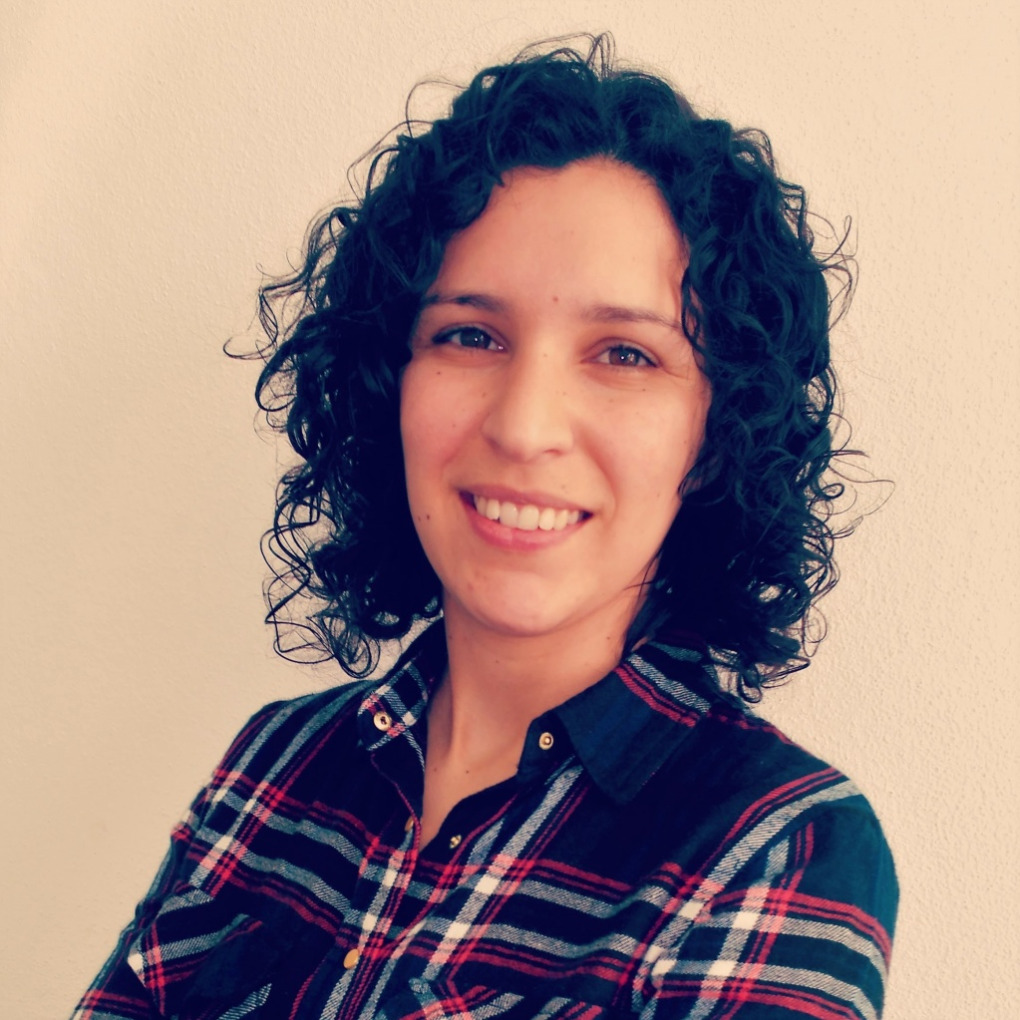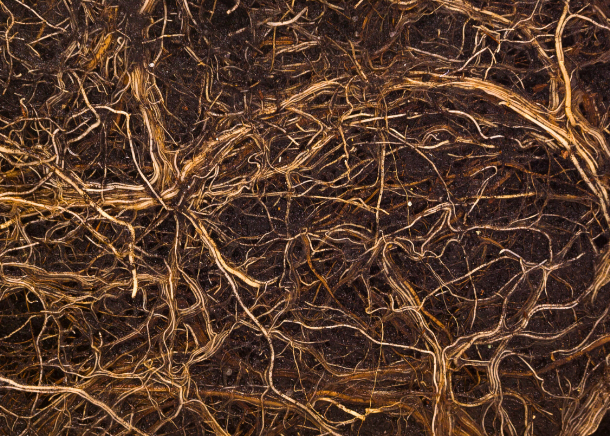Summary:
LusoTurf is addressing the need to replace the widely used synthetic turf infill, styrene-butadiene (SBR) crumb rubber, made from recycled tires. SBR is used globally in sports fields and lawns but releases harmful microplastics, heavy metals, and volatile compounds, contributing to environmental pollution and health risks. LusoTurf offers a sustainable alternative with its mycelium-based composites (MBCs). Mycelium, the vegetative part of mushrooms, is biodegradable, made from renewable agricultural waste, and acts as a carbon sink. Its properties can be tuned to match SBR’s shock absorption and adapt to various climates. Unlike other alternatives like cork and coconut fibres, mycelium is cost-effective, locally producible, and customizable. A significant market opportunity arises with the EU's 2023 regulation banning SBR infill over the next eight years, and over 29,000 soccer fields in Europe will need replacing. LusoTurf's MBC technology is poised to disrupt the synthetic turf market, offering a greener, scalable solution.



